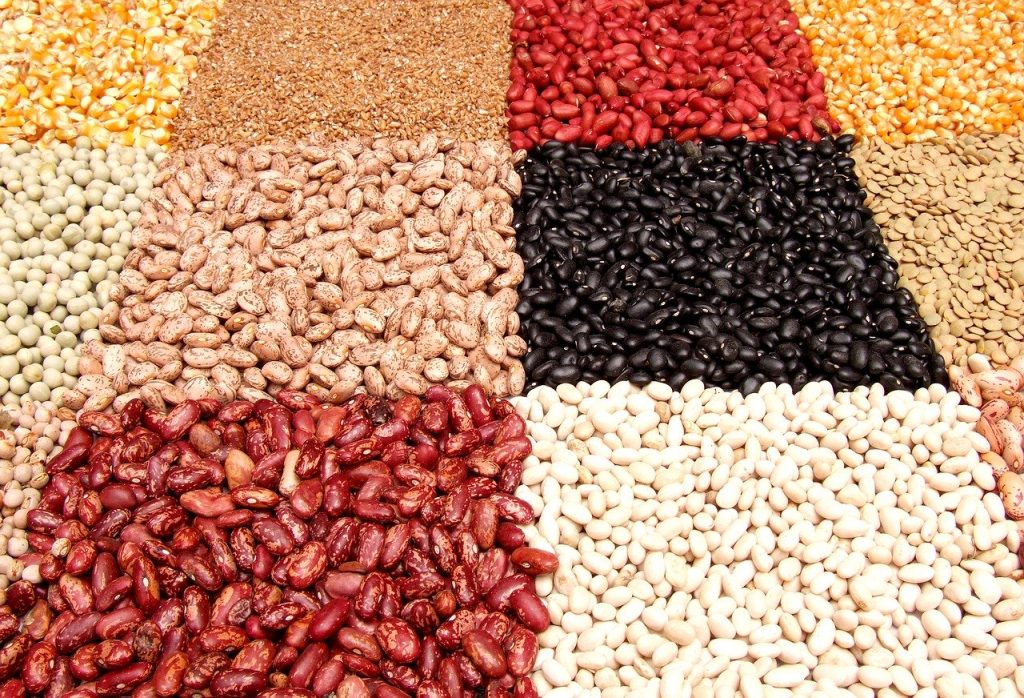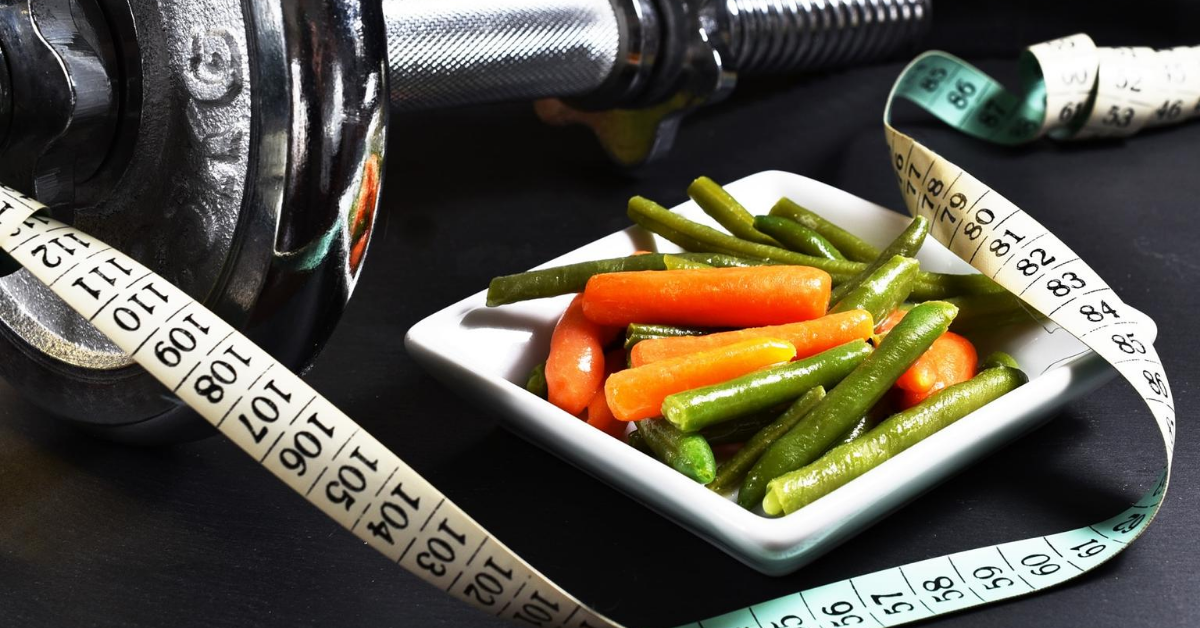Beans and peas pack a great nutritional punch but are sadly too often ignored in modern diets. They may be seen as food for poor people, who can’t afford meat and dairy. But the evidence is clear: we should all be eating more beans and peas, or pulses as they are technically known.
Foodreference.com has this to say about beans:
“The new U.S. Department of Agriculture dietary guideline using the Eating Right Pyramid suggests, that the foods lowest in fats, oils and sugars (fruits, vegetables, dry beans and grains) should make up the largest portion of our daily meals.
“The benefits of using beans on a daily basis have recently been promoted because studies show beans help to reduce cholesterol while providing excellent nutrition. When combined with nuts, seeds or grains, they form a complete high-fiber vegetable protein.
“Most beans contain only 2-3% fat. Beans are the perfect food for a fat-restricted diet.
You may never have to count calories again.“Beans contain no cholesterol, and they can help lower your cholesterol level because they are one of the richest sources of fiber!
“Most beans contain at least 20% protein and are high in carbohydrates which provides longlasting energy.
In addition, beans provide essential B Vitamins and Iron.”
If you want to lose weight, improve your heart health or eat anti-cancer foods, pulses are a great addition to your diet.
The authoritative nutritionfacts.org website agrees:
“Legume consumption is associated with a slimmer waist and lower blood pressure, and randomized trials have shown it may match or beat out calorie cutting for slimming tummy fat as well as improving the regulation of blood sugar, insulin levels, and cholesterol. Beans are packed with fiber, folate, and phytates, which may help reduce the risk of stroke, depression, and colon cancer. The phytoestrogens in soy in particular appear to both help prevent breast cancer and improve breast cancer survival.”
A research article in the British Medical Journal (BMJ) sys:
“Diets high in protein, particularly protein from plants such as legumes (peas, beans and lentils), whole grains and nuts, have been linked to lower risks of developing diabetes, heart disease and stroke, while regular consumption of red meat and high intake of animal proteins have been linked to several health problems.”
Daily serving of beans, peas, chickpeas or lentils can significantly reduce bad cholesterol
Dr Sievenpiper of St Michael’s Hospital Toronto found that eating one serving a day of beans, peas, chickpeas or lentils can significantly reduce ‘bad cholesterol’ and therefore the risk of cardiovascular disease. North Americans on average currently eat less than half a serving a day.
Dr. Sievenpiper said that by eating one serving a day of pulses, people could lower their LDL (“bad”) cholesterol by five per cent. He said that would translate into a five to six per cent reduction in the risk of cardiovascular disease, the leading cause of death in the United States.
Which pulses are good for weight loss?
Dr. Russell de Souza and others from the Li Ka Shing Knowledge Institute of St. Michael’s Hospital, Toronto published a systematic review of clinical trials in The American Journal of Clinical Nutrition. They found that eating one serving a day of beans, peas, chickpeas or lentils could contribute to modest weight loss. Eating about 3/4 cup (130 grams) each day of these foods led to a weight loss of 0.34 kilograms (just over half a pound), over a six-week period. This is a very small amount of weight loss, but once adding beans becomes to the diet becomes a habit it is easy to maintain. And beans have lots of other health benefits too.
Research has shown that eating about one serving a day of beans, peas, chickpeas or lentils can increase fullness. This may lead to better weight management and weight loss. Pulses have a low glycaemic index (meaning that they are foods that break down slowly) and can be used to reduce or displace animal protein as well as “bad” fats such as trans-fat in a dish or meal. Dr. Sievenpiper said that despite their known health benefits, only 13 per cent of Canadians eat pulses on any given day and most do not eat a full serving, which is 130 grams or ¾ cup.
Beans can help prevent cancer
A study from University College London has shown that the compound – inositol pentakisphosphate – found in beans, nuts and cereals inhibits a key enzyme (phosphoinositide 3-kinase) involved in tumour growth. The findings, published in the journal Cancer Research, suggest that a diet enriched in these plant foods could help prevent cancer.
A diet rich in beans may have a positive effect on women’s heart health
Phytoestrogens are plant estrogens found in foods as soybeans, chickpeas and other beans. They have been found to be linked to beneficial cholesterol levels and better arterial function in women. Dr. Bairey Merz from the Cedars-Sinai Medical Center carroed out the study on women.
She says the findings indicate a “very significant relationship,” between increased phytoestrogen levels and lower total cholesterol, LDL-cholesterol and triglycerides and higher HDL-cholesterol. All of these are established factors in decreased heart disease risk.
So reasons to eat more beans and other pulses.
How to add more beans to your diet
You can add them to your diet in so many ways. Here are a few to get you started.
- Hummus
- Bean salads
- Bolognaise with no meat or less meat and extra beans instead.
- Butterbean mash rather than potato mash
- Crushed berlotti beans and tahini
- Baked beans on toast
- Bean enchilada
- Bean burgers – bought or homemade
- Tofu – baked, casseroled or fried or eaten as it is.
- Green beans and peas on the side of your meal.
Find ways of adding more beans and peas and lentils to your diet. Your body will thank you for it.


